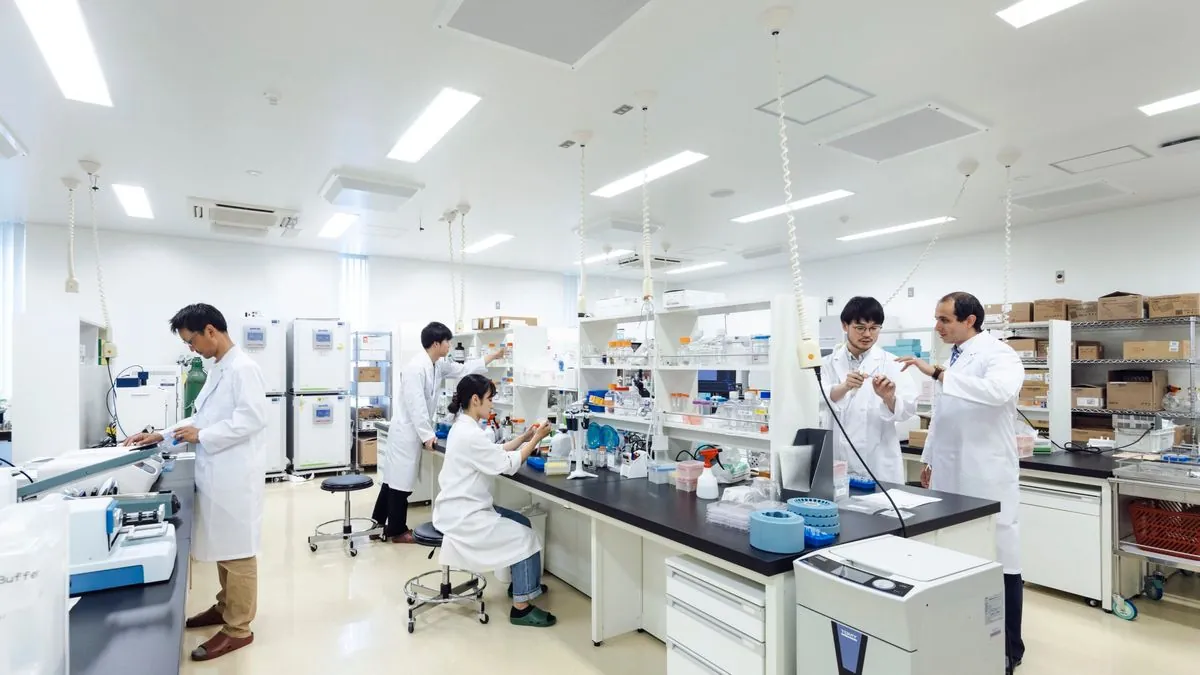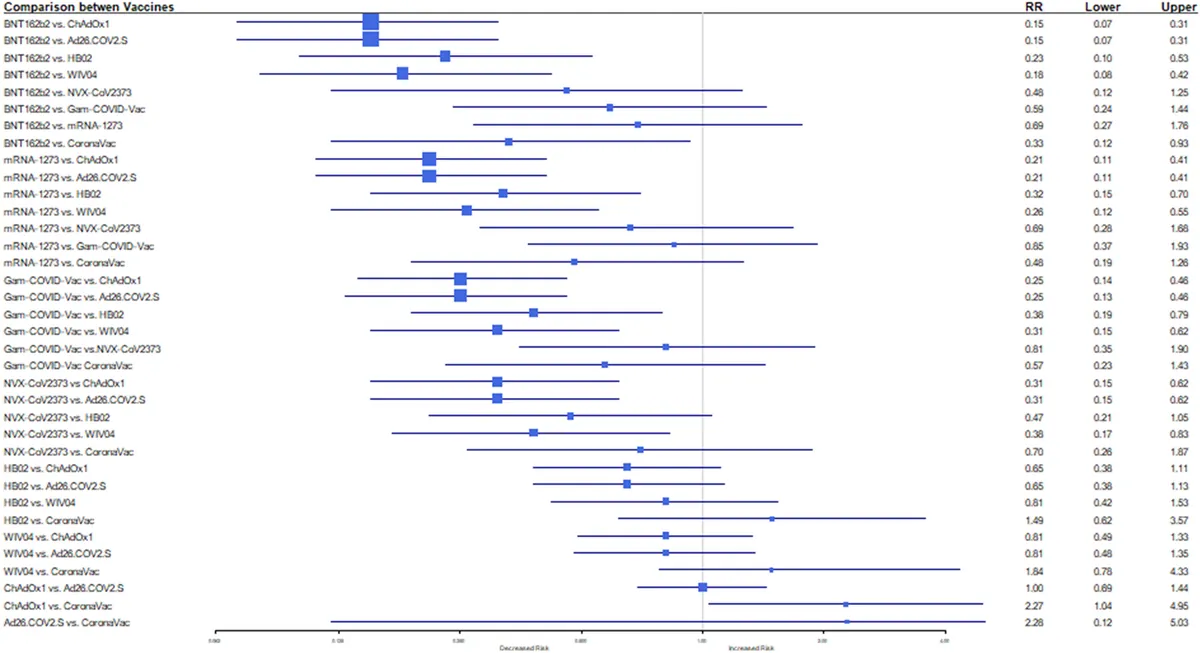Big Pharma's Vaccine Dilemma: Balancing Profit and Pandemic Preparedness
Despite COVID-19's impact, pharmaceutical companies are not prioritizing vaccine development for future pandemics. Economic incentives and market volatility pose challenges to long-term preparedness strategies.

The COVID-19 pandemic, which claimed 16 million lives globally, underscored the critical importance of vaccines in combating infectious diseases. Despite this stark reminder, major pharmaceutical companies are not allocating significant resources to develop vaccines for potential future pandemics. This reluctance persists even as health experts warn of more frequent outbreaks and the possibility of a virus 20 times deadlier than COVID-19.
The World Health Organization (WHO) has emphasized the need to prepare for "Disease X," a hypothetical pathogen that could cause the next major outbreak. This concern is particularly relevant given the increasing frequency of pandemics in recent history. Five out of the past 12 pandemics occurred in the 20th century, with two more in the 21st century so far. Factors such as increased global travel and urbanization contribute to the rapid spread of pathogens, with scientists estimating that a deadly virus could circle the globe within hours.
The economic impact of pandemics is substantial. The International Monetary Fund estimated that COVID-19 cost the global economy nearly $13 trillion, reducing global GDP by 3% in 2020 alone. Health systems worldwide continue to grapple with backlogs in essential services. Given these consequences, one might expect pharmaceutical companies to invest heavily in vaccine development as a strategic priority.

However, the reality is quite different. Major players like Pfizer and AstraZeneca are focusing their investments on oncology and rare diseases rather than vaccine development. Pfizer spent $43 billion acquiring Seagen to expand its cancer drug pipeline, while AstraZeneca invested $39 billion in Alexion to strengthen its rare disease portfolio. These decisions reflect a broader trend in the industry away from vaccine research.
The reluctance to invest in vaccine development stems from several factors. While vaccine businesses generally command a 50% premium in valuation compared to other pharmaceutical units, this premium primarily applies to vaccines with steady demand, such as flu shots. Vaccines for less frequent but high-impact diseases, which are more likely to cause pandemics, are not as highly valued by the market.
The volatility of vaccine-related stock performance also discourages long-term investment. Pfizer and Moderna, despite their success with COVID-19 vaccines, have seen significant stock price declines since the peak of the pandemic. This unpredictability makes it challenging for pharmaceutical executives to justify large investments in vaccine development to shareholders.
Regulatory hurdles further complicate the situation. Obtaining approval for new vaccines becomes increasingly difficult once an effective vaccine for a particular disease is already on the market. This creates a first-mover advantage but discourages ongoing innovation and competition in vaccine development.
"No single government or multilateral agency can address this threat alone. The COVID-19 pandemic has been a stark and painful reminder that nobody is safe until everyone is safe."
Government efforts to address this gap in pandemic preparedness have been limited. While there have been initiatives like the "100 day challenge" to rapidly develop and deploy vaccines for new pathogens, international cooperation remains fragmented. The World Health Assembly in May 2024 failed to reach an agreement on vaccine distribution protocols for future pandemics, highlighting the challenges of coordinating a global response.
As it stands, the world's ability to respond quickly to the next pandemic relies heavily on ad hoc public support for individual projects. While this approach has yielded some successes, such as the advancement of Bavarian Nordic's Mpox treatment with U.S. government funding, it falls short of a comprehensive strategy to safeguard global health.
The current situation leaves the world vulnerable to future pandemics. Without significant investment in vaccine development and a coordinated global strategy, the international community may find itself ill-prepared to face the next major outbreak. As the frequency of pandemics increases and the potential for a highly lethal "Disease X" looms, the need for a more proactive approach to vaccine development and pandemic preparedness becomes increasingly urgent.


































